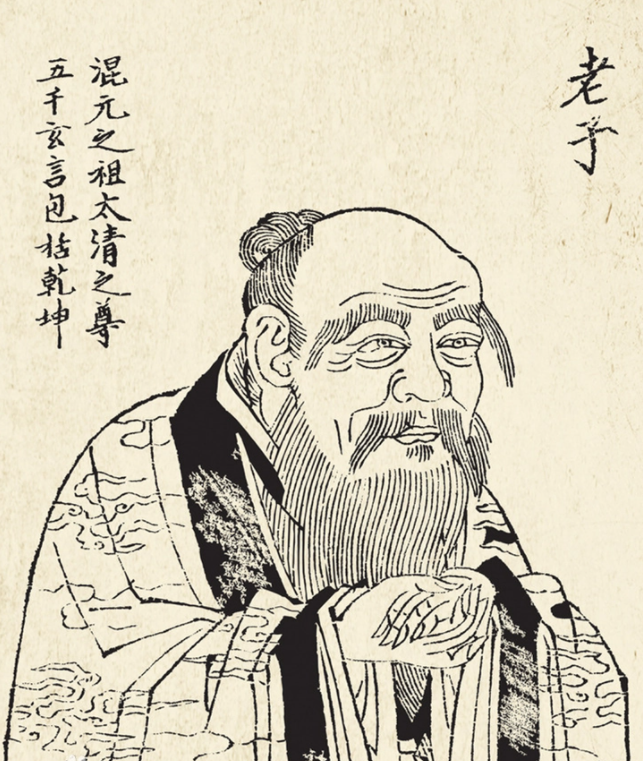The Ancestor of Taoism-Lao Tzu
Lao Tzu, surnamed Li, surnamed Er, with the word "Zhen", is named Boyang, or posthumous title. He was born at the end of the spring and Autumn period. The year of birth and death is unknown, and his native place is also controversial. Historical records and other records record that Lao Tzu was born in the state of Chu or Chen. Ancient Chinese thinkers, philosophers, writers and historians, founders and main representatives of the Taoist school, and Zhuangzi are called "Lao Zhuang". Later, he was honored as the ancestor of Taoism and called "supreme Lao Jun". In the Tang Dynasty, he was pursued as the ancestor of the surname Li. It has been listed as one of the world's cultural celebrities and one of the world's 100 historical celebrities.

Lao Tzu once served as the history of guarding the Tibetan room in the Zhou Dynasty. He was famous for his erudition. Confucius once saluted him in the Zhou Dynasty. At the end of the spring and Autumn period, there was great chaos in the world. Lao Tzu wanted to abandon his officials and retire, so he rode a green bull to the West. When he arrived at Lingbao Hangu pass, he was ordered by the pass to write Tao Te Ching at the request of Yin Xi.
Lao Tzu's thought has a profound impact on the development of Chinese philosophy, and its ideological core is simple dialectics. Politically, it advocates governing by inaction and teaching without words. In terms of politics, we should pay attention to the principle that when things reach the extreme, they will turn back. In terms of self-cultivation, it pays attention to the cultivation of being modest and solid and not competing with others. It is the ancestor of the dual cultivation of life and life of Taoism.
Tao Te Ching (also known as Lao Tzu), a work handed down by Lao Tzu, is one of the most widely published works in the world.